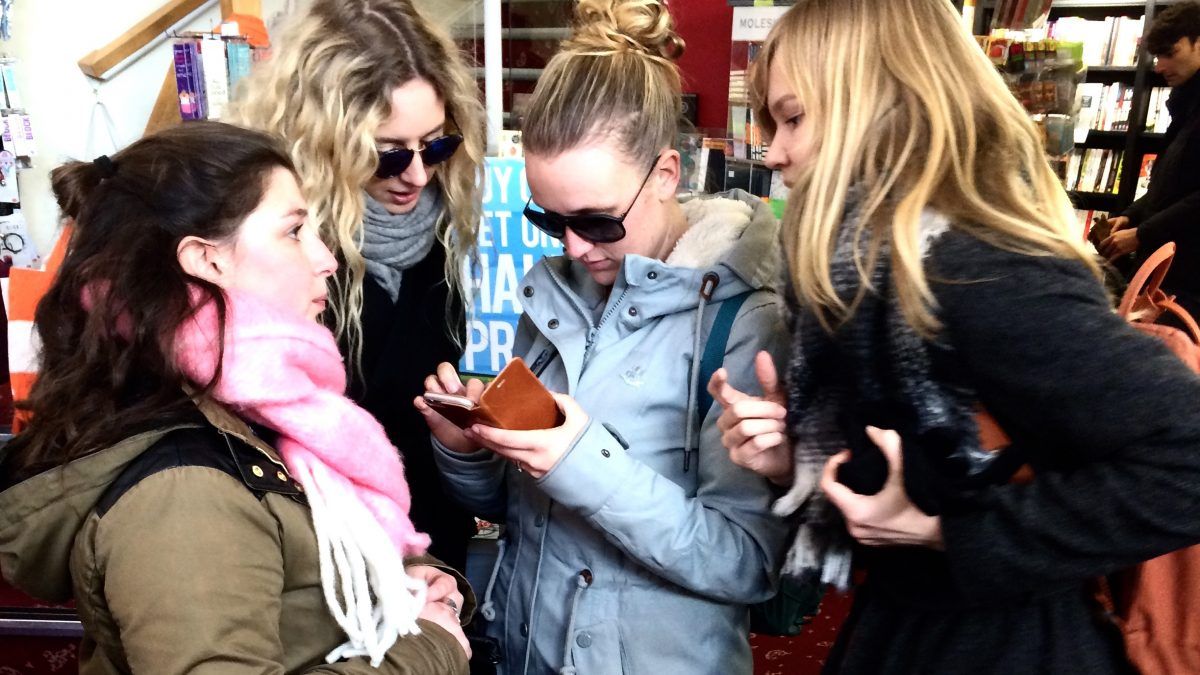
HR professional shares top tips on team building & onboarding
What makes a good team building activity? What are the key ingredients and what to avoid? We asked Rita Viegas, Marketing & HR Lead at Oz Energia Gás, a few questions that were on our mind – we hope you’ll find them as useful as we did while improving our customisable outdoor team building games.